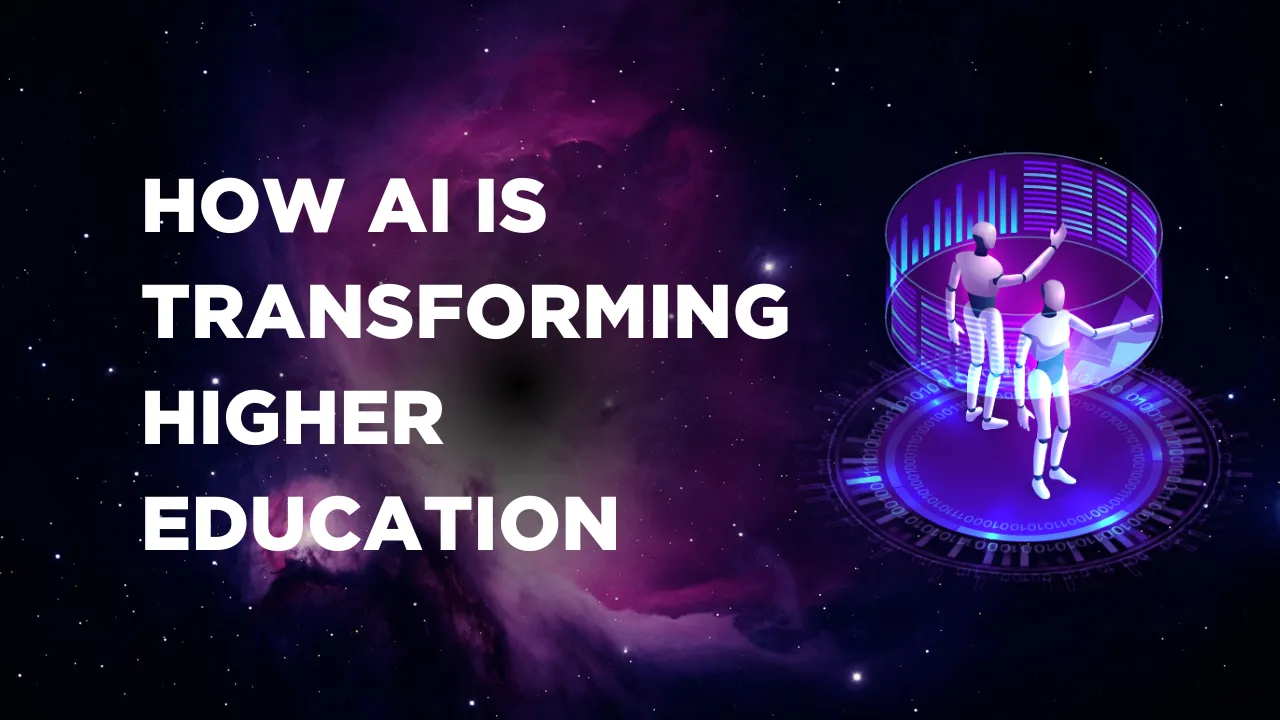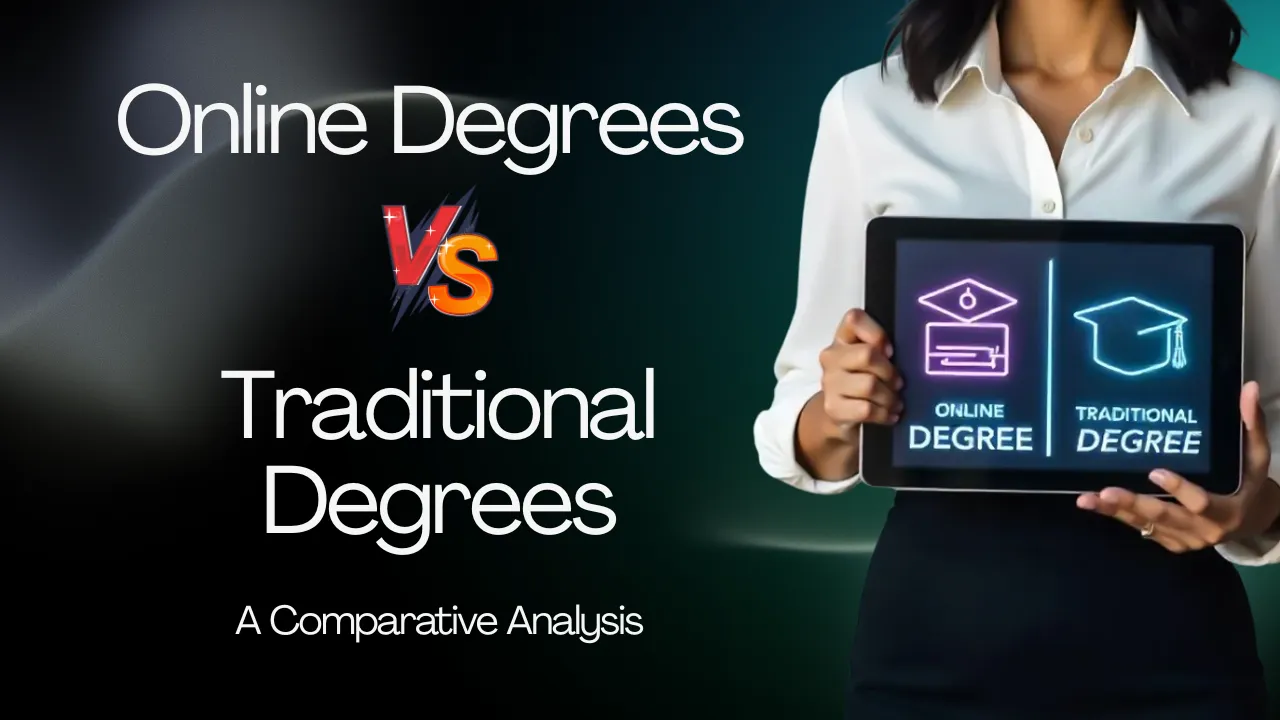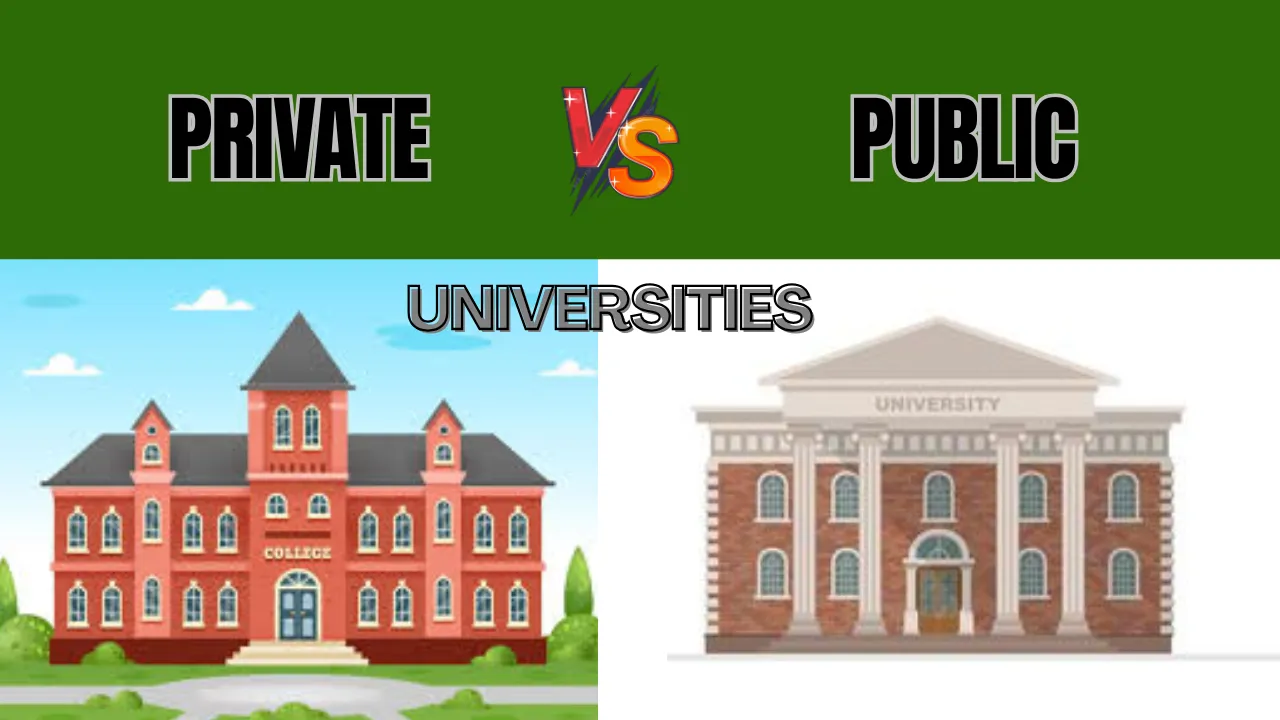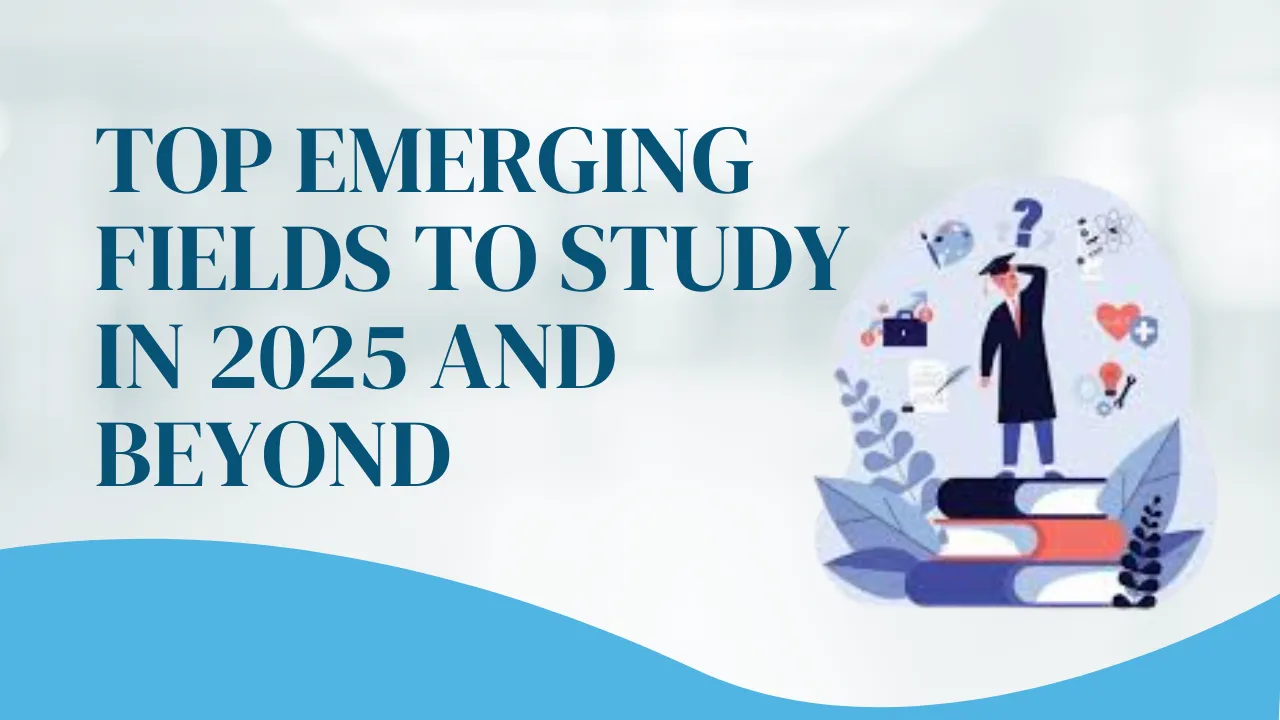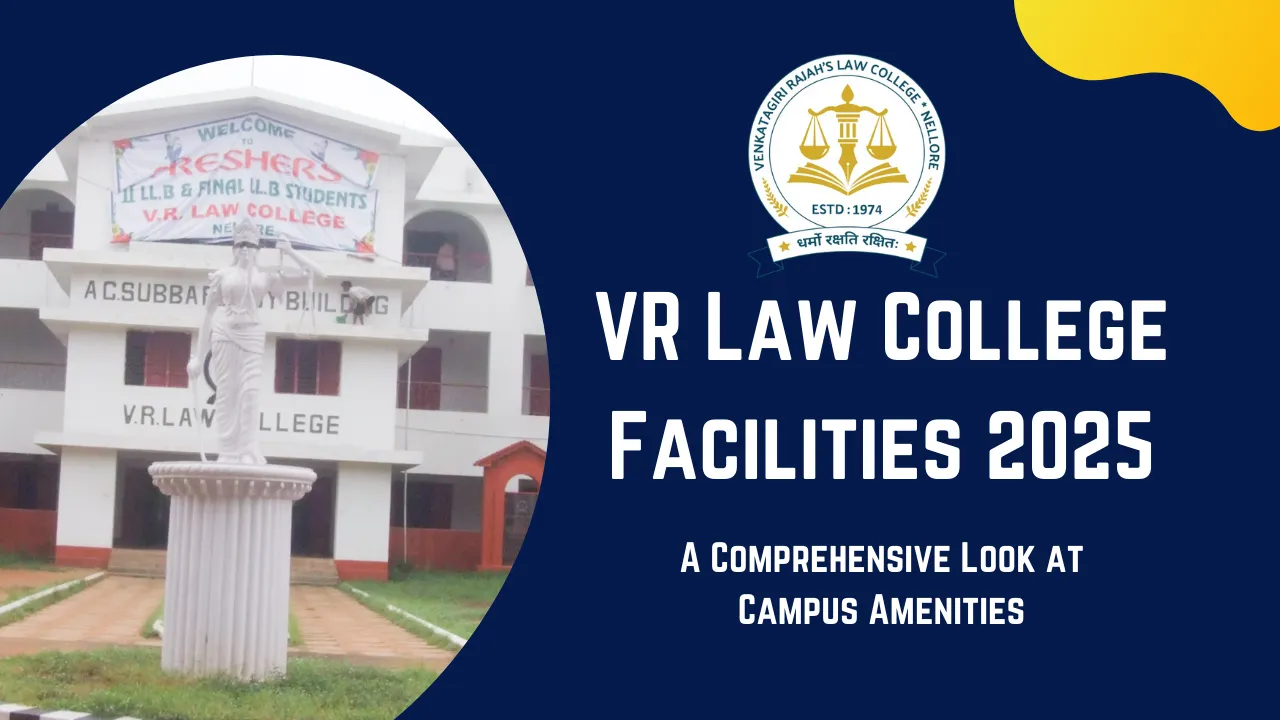AI in Higher Education: AI in Higher Education is no longer a futuristic concept—it is the present reality reshaping how institutions teach, how students learn, and how education systems operate worldwide. As technology advances at a rapid pace, the integration of AI is becoming essential in creating smarter, more adaptive, and personalized learning environments.
This article dives into how AI in Higher Education is revolutionizing traditional classrooms, improving administrative efficiency, enhancing student learning outcomes, and preparing future-ready graduates. We’ll explore key areas where AI is making the biggest impact, from smart tutoring systems to predictive analytics, and outline both the opportunities and challenges this shift brings.
Personalized Learning Experiences
One of the most significant contributions of AI in Higher Education is its ability to create personalized learning paths. Traditional teaching methods often take a one-size-fits-all approach, but AI systems can adapt content based on each student’s learning style, pace, and performance. Tools like intelligent tutoring systems provide instant feedback and customized resources, helping students grasp difficult topics faster and more effectively.
These AI-driven platforms collect data from students’ interactions and continuously analyze it to improve the learning experience. As a result, students receive more targeted support, which can lead to better academic performance and increased confidence in their abilities.
Smart Content and Digital Classrooms
AI is also changing how course materials are created and consumed. From digital textbooks to interactive simulations, AI in Higher Education enables the development of smart content that caters to modern learners. These materials often include real-time updates, embedded assessments, and adaptive technologies that tailor the learning process.
Digital classrooms powered by AI provide virtual assistants that help students with tasks, answer questions, and even provide summaries of past lessons. This makes it easier for learners to review content and stay engaged, especially in online or hybrid learning models.
Predictive Analytics for Student Success
Institutions are using AI-driven predictive analytics to identify students at risk of failing or dropping out. By analyzing patterns in attendance, grades, and engagement, these systems can alert educators early on, allowing them to intervene with support and resources before issues escalate.
Predictive models not only help improve student retention rates but also assist academic advisors in guiding students toward the most suitable courses or career paths based on their strengths and interests. This proactive approach is one of the key reasons AI in Higher Education is gaining momentum.
Automation of Administrative Tasks
Administrative functions in universities are often time-consuming and labor-intensive. AI can streamline processes such as admissions, grading, scheduling, and student inquiries. Chatbots, for instance, can handle thousands of questions from students in real time, freeing up staff to focus on more complex issues.
Automated grading tools help professors save time by quickly and fairly evaluating assignments, especially in large classes. This efficiency contributes to a smoother academic experience for both students and faculty members.
Enhanced Accessibility and Inclusion
AI has the potential to make education more inclusive for students with disabilities. Speech-to-text tools, real-time translation services, and personalized learning apps are just a few examples of how AI in Higher Education supports diverse learning needs.
These technologies help remove barriers, allowing students to engage with course materials in ways that suit them best. For example, visually impaired students can use AI-powered tools to convert text into speech, making education more accessible and equitable.
Two Key Areas Where AI Is Making a Big Impact
1. Intelligent Tutoring Systems
- Provide personalized feedback and guidance
- Adapt to individual learning styles
- Improve retention and comprehension of complex topics
2. AI-Powered Career Planning
- Uses student data to recommend career paths
- Matches student skills with job market trends
- Helps students make informed academic choices
Ethical Considerations and Data Privacy
As with any technology, AI in Higher Education brings challenges, particularly around data privacy and ethics. Institutions must ensure that student data is handled securely and used responsibly. Transparency in how AI systems make decisions is crucial to building trust among users.
There is also a concern that over-reliance on AI may reduce human interaction in education. While AI can enhance learning, it should support—not replace—the role of educators. Balancing technology with human judgment is key to its successful implementation.
Preparing Educators for the AI Era
For AI in Higher Education to succeed, educators need to be well-prepared and trained in using AI tools effectively. Universities are starting to offer workshops, certification programs, and AI literacy courses to equip teachers with the necessary skills.
By understanding how to integrate AI into their teaching methods, educators can create more engaging and effective learning environments. This not only benefits students but also allows teachers to grow alongside the technology.
FAQs
What is AI in Higher Education?
AI in Higher Education refers to the use of artificial intelligence technologies to enhance teaching, learning, and administrative tasks in colleges and universities.
How does AI personalize learning?
AI adapts content and feedback based on each student’s performance, learning pace, and preferences, making the experience more effective and tailored.
Can AI replace teachers in the future?
No, AI is meant to support educators by automating tasks and offering insights. Human interaction remains essential for mentorship and critical thinking development.
Is AI safe to use in education?
Yes, but data privacy and ethical guidelines must be followed to ensure student information is protected.
How can students benefit from AI in career planning?
AI tools analyze students’ strengths and match them with job market trends, helping them choose the right academic and career paths.
Final Thought
AI in Higher Education is reshaping the future of learning by offering smarter, faster, and more personalized experiences. As institutions continue to adopt AI tools, students and educators alike stand to benefit from improved outcomes and greater accessibility. If you’re curious about how technology can shape your academic journey, explore your educational horoscope or dive into more of our tech-focused content. Don’t forget to comment or share this article with your fellow learners!
